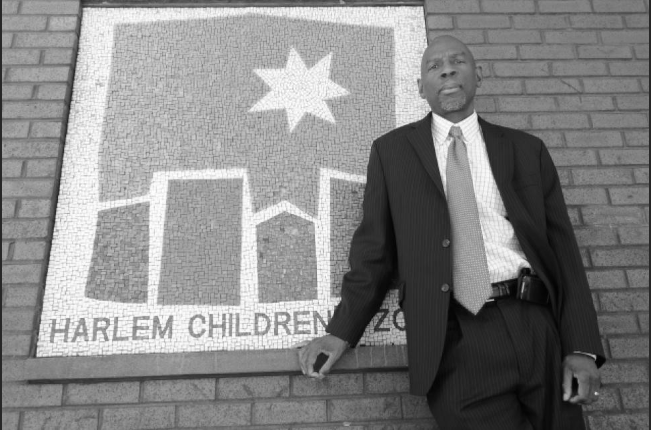Youth Organization Promotes Opportunity
March Issue: Social Justice
American culture offers education as the key to economic success. Education is supposed to provide everyone with the same opportunity for social mobility through hard work and learning. Study hard in school, and you’ll graduate and get a good job. However, as lovely as this ideal may seem, it is simply not social reality, and our society’s failure to address the problems within the system perpetuates societal racial divides. “The education system in the USA as a meritocracy is a beautiful dream echoed across the world. The problem is, we forget that we haven’t fully realized that dream and then act as if we have,” states Gustavo Silveira ’17.
Inequality is surging in the current education system, and some of the primary victims are low income African American children. According to a 2013 study, black children are four times more likely to be living in poverty. Poverty creates a toxic stress that results in serious mental health problems such as depression and anxiety, which explains why black students are much more likely to be behind in school. “I have taught students in WFS and other schools who are in difficult situations, whether it be financial, psychological, etc. While some struggling students take school as an opportunity to thrive and be distracted from problems at home, many can’t. Either way, these students are at a significant disadvantage to students with a supportive network,” states Sarah Stock Patterson, Math Department Chair.
Parents raising a child in poverty have much less time and money for their child’s academic advancement; from birth, upper class parents can give their child stimulating experiences like daily reading time, high quality child care, and a stable family home environment. All these advantages allow these children to develop abilities surpassing those of low income children before school even begins. “The people that surround your children, how they view education – all these factors play an important role in your child’s development, not necessarily through providing ‘extracurricular activities’, but simply having someone who can bring those opportunities to your child. These simple advantages play a large part in developing someone with a love of learning and respect for education,” states Stock Patterson. Home environment is key to student success… or lack thereof. The education system remains dysfunctional; too often, struggling African-American students who come from difficult situations perform badly in mediocre schools. As a result, they get low-income jobs, and the cycle then repeats itself for their children.
Enter The Harlem Children’s Zone, a revolutionary project created in 1997, taking over a 97-block area and fighting the cycle of generational poverty for the thousands of children and families it serves.” The HCZ is committed to the idea of working on the community as a whole, not just children’s schooling. This initiative begins with the “cradle through college” pipeline, which supports disadvantaged children through their entire school career, from preschool to college. Community centers in the zone provide academic help, enrichment activities, and health services. Housing and community programs help families stay stable and often avoid foster care, and all parents receive free tax prep and financial counseling.
All these initiatives attempt to create a stable, enriching environment for disadvantaged children who would most likely not do very well in public schools. Hannah Kushner ’17 states, “I like the idea of the Harlem Children’s Zone because it aims not just to boost students’ test scores, but to provide forgotten students lacking a supportive community a stable and encouraging life, which is what they need to succeed.” Although the cost and organization of the program may not be a scalable model for the country as a whole, the HCZ shows the possibility of solving the problems within the US’s education system.
Fixing the country’s issues within the education system are a critical priority in our nation’s future, because by hurting the African American community, they not only affront the ideals of America, but add heat to a pressure cooker of racial tension. “Stifling diversity and creating a biased and skewed education system where you have one class moving forward without considering others just accentuates the divide in our country, and denies the possibility of education being the doorway for equality,” believes Kushner ’17.
The importance of leveling the education playing field is vital for a successful America. The path to strengthening the United States economy begins with educating the nation’s youths. By giving disadvantaged students an equal chance in everyday life by providing an enriching environment and education. Initiatives like the Harlem Children’s Zone not only address a huge problem within the education system, but they address the wider issue of equal access to prosperity in a nation that claims to lead the rest of the world in justice and equal opportunity.



































